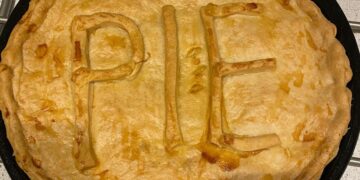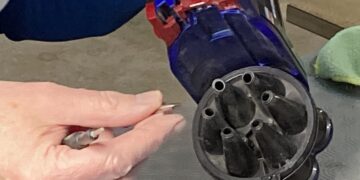NEW RULES set out by His Majesty’s Revenue and Customs could disproportionately affect residents in the South East, according to debt specialists.
HMRC recently announced plans to implement infromation collection those who supplement their income by selling items online for profit.
The new rule, dubbed the “side hustle” tax, means that, while sellers earning more than £1,000 a year are already required to inform HMRC, companies will now be asked to provide relevant information on sellers.
Those making more than £1,000 without a ‘main’ job are considered as self-employed and are required to file a necessary tax return with details of their online selling.
Those without a main job can earn up to £12,570 without incurring extra tax.
Those who buy and sell stock regularly should be registered as a company, which means that any associated expenses which go back into the business bring the profit total down as bus
From the start of this month, online retailers and marketplaces–such as Vinted and eBay–will be required to report information to the body about users who meet a certain sales threshold.
Users who fail to declare relevant profits can be subject to large fines.
Debt solutions experts at PennyPlan say that this will have a particularly significant impact on residents in the South East of England, however, including those in Reading.
They recommend that those who sell items online check their sales figures covering the last year and calculate the total money made.
Those whose totals exceed £1,000 should register as self-employed and submit a self-assessment tax return.
There are concerns, however, as it is not currently clear how HMRC will define the difference between selling purely for profit and having used the item for personal enjoyment and selling after use.
Sellers are also recommended to begin a running total for sales in the coming year, which means they can either stop when they reach the limit or prepare for self-assessment.
Chris Lenehan at PennyPlan says: “Introducing a “side hustle tax” for people who sell their unwanted items online is a setback for those trying to escape debt cycles.
“Websites such as eBay and Vinted are popular among people who previously sold their unwanted clothes at car boot sales or on social media to earn extra money.
“This is for goods that have already been purchased and are being sold for a markdown rather than for-profit purposes–for some struggling to meet the household bills, this could be the difference between falling into arrears and keeping up to date.”
He added: “And it’s not only people selling the products who will be deeply affected.
“A decrease in the number of people selling second-hand goods, such as clothing, will have a negative impact on low-income households who rely on them to meet their needs.
“With the current cost of living crisis and anticipated recession, the timing could not be worse.”
More information about PennyPlan is available via: pennyplan.co.uk















































